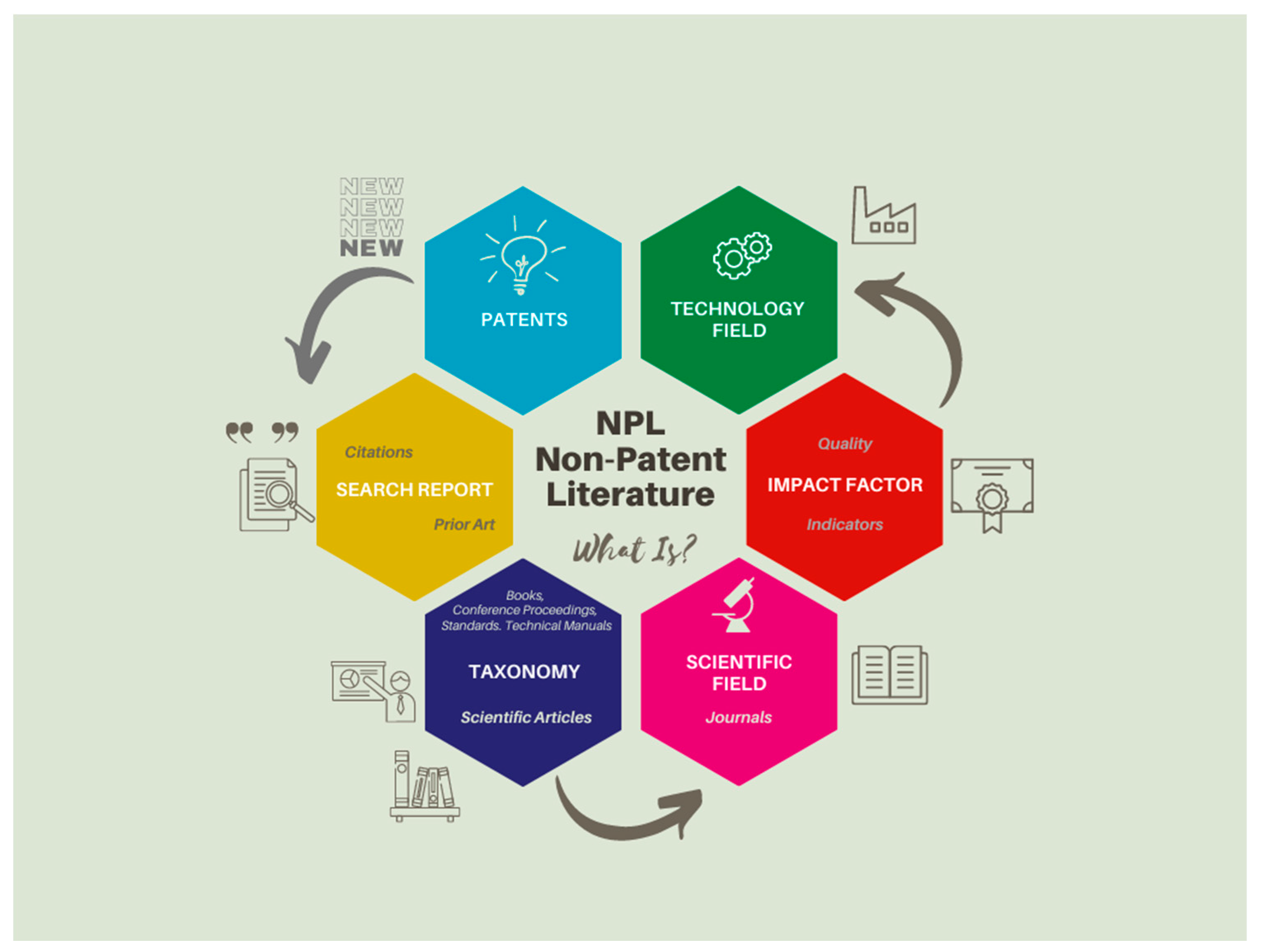
NFT and Supporting Technologies
In recent years, Non-fungible Tokens (NFTs), a type of crypto asset, have caught the attention of investors. NFT represents a non-replaceable or non-interchangeable data unit and ownership of unique items that are being stored on blockchain ledgers. So, NFT’s are the digital assets that can be bought or sold digitally using the blockchain technology.
Being around for quite some time, NFT as a service had grown in popularity during the COVID-19 pandemic and this is only because people spending more time on the internet as well as the prospect of owning significant digital collectibles with big investment returns.
What is NFT and How Does it Work?
NFTs are digital assets bought and sold online using cryptocurrencies. NFTs with their digital nature, are encoded with unique digital properties that make them distinct from one another. They can also be used to digitally represent real-world items such as digital artwork, music, or video, among others. This separates non-fungible tokens from online files that can otherwise be easily duplicated, as NFTs provide exclusive ownership to those who acquire them.
The transparent distribution of NFTs is possible because these tokens are supported by blockchain, the same technology used to record transactions made with cryptocurrencies like Bitcoin or Ethereum. This digital ledger allows for the decentralized distribution of digital assets instead of copying or transferring them, with changes being recorded in real-time for everyone to access. This subsequently makes trading valuable data such as NFTs and other cryptocurrencies safe and secure.
Some of the most prevailing blockchain technologies for NFT deals are:
- Ethereum: It is the first and most famous blockchain technology used for NFT. It has various standards depending on the types of smart contracts. It is considered to be a splendid technology, but is unproductive for the transfers of low cost, as the commission is fixed and output is small. Ethereum 2.0 will be launching in the future to increase the yield of the transactions.
- Solana: Currently, the most preferable technology for providing great deals for NFT, as it uses the new method of PoH (Proof of History) that provides a great output of transactions in a few seconds with a low gas commission. The only drawback with this technology is that anyone can become a validator, by having a lot of computing power.
- Cardano: It is another blockchain technology, which makes everything, safe, innocuous, and consistent, as everything is energy-saving without adaptivity issues. To eliminate the problems of data storage it uses a technique of contracting, compacting, and splitting of the data.
- Tezos: Another technology i.e. fast and extendable with smaller fees. The drawback of using this technology is the caused delay in tokens. Being a new technology these issues are yet not resolved.
- Polkadot (Effinity), Polygon (MATIC), Binance Smart Chain, WAX, EOSIO, Avalanche Avax Network, Terra, Flow, and Algorand are some of the other blockchain technologies supporting Non-Fungible Tokens (NFT).
NFT now has an impact in various key Market places such as online-market places, in the world of gaming, travel & tourism social media and many more. With many of today’s industries leaning on digital transformation, NFTs are slowly trickling into the mix. Also, is the future of the digital world.






Leave a comment: